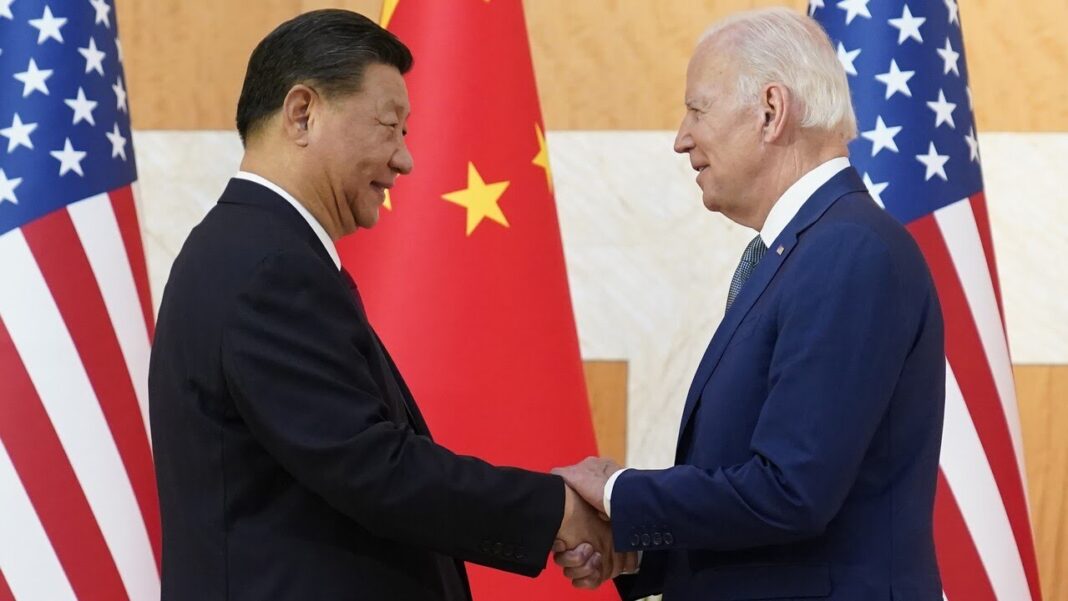Trying to gain a greater understanding of what is happening in the United States today, history provides some guidance.
We can skip most of the presidencies of the 20th century for comparison.
Ronald Reagan was more in the mold that Donald Trump is breaking.
Richard Nixon was popular but was hamstrung by the Vietnam War and the dollar crisis.
FDR was popular but his sweeping victory in 1936 reflected economic panic. While he had the House and Senate, he faced a hard barrier with the Supreme Court that struck down his beloved legislation.
Woodrow Wilson won in 1912 only because the opposition was split.
There is a greater prospect of fundamental change with the second Trump term than in any living memory.
For an illuminating comparison, let’s return to the year 1824. Andrew Jackson ran for president and won a plurality of the popular and electoral votes. But he did not get the majority. The election was thrown to the House of Representatives, which produced a surprising result: John Quincy Adams became president thanks to the support of Henry Clay who was promised the position of Secretary of State.
That sense of being robbed of the presidency festered deeply among Jackson’s fan base and he came back four years later, more fired up than ever. The election of 1828 was utterly sweeping. He ran an unapologetic populist campaign against the national bank and corrupt insiders in Washington. The turnout broke all records, and so did the results. Jackson won by a landslide, securing 178 electoral votes against John Adams’ 83.
With this mandate, Jackson and his followers utterly destabilized Washington, firing vast numbers of executive bureaucrats who were considered disloyal, and fought the national bank while pushing for gold and silver as money. His hiring of loyalists to top positions was decried as the “spoils system” that was ended fully by the Progressive Era, which amounted to a revenge of the professional bureaucrats.
The policies he pursued–keeping the government mostly constrained by the Constitution, keeping the peoples’ interests front and center, and devolving power to the states–prepared the ground for the United States to rise from a small post-colonial outpost to the world’s greatest economic and military power by century’s end.







